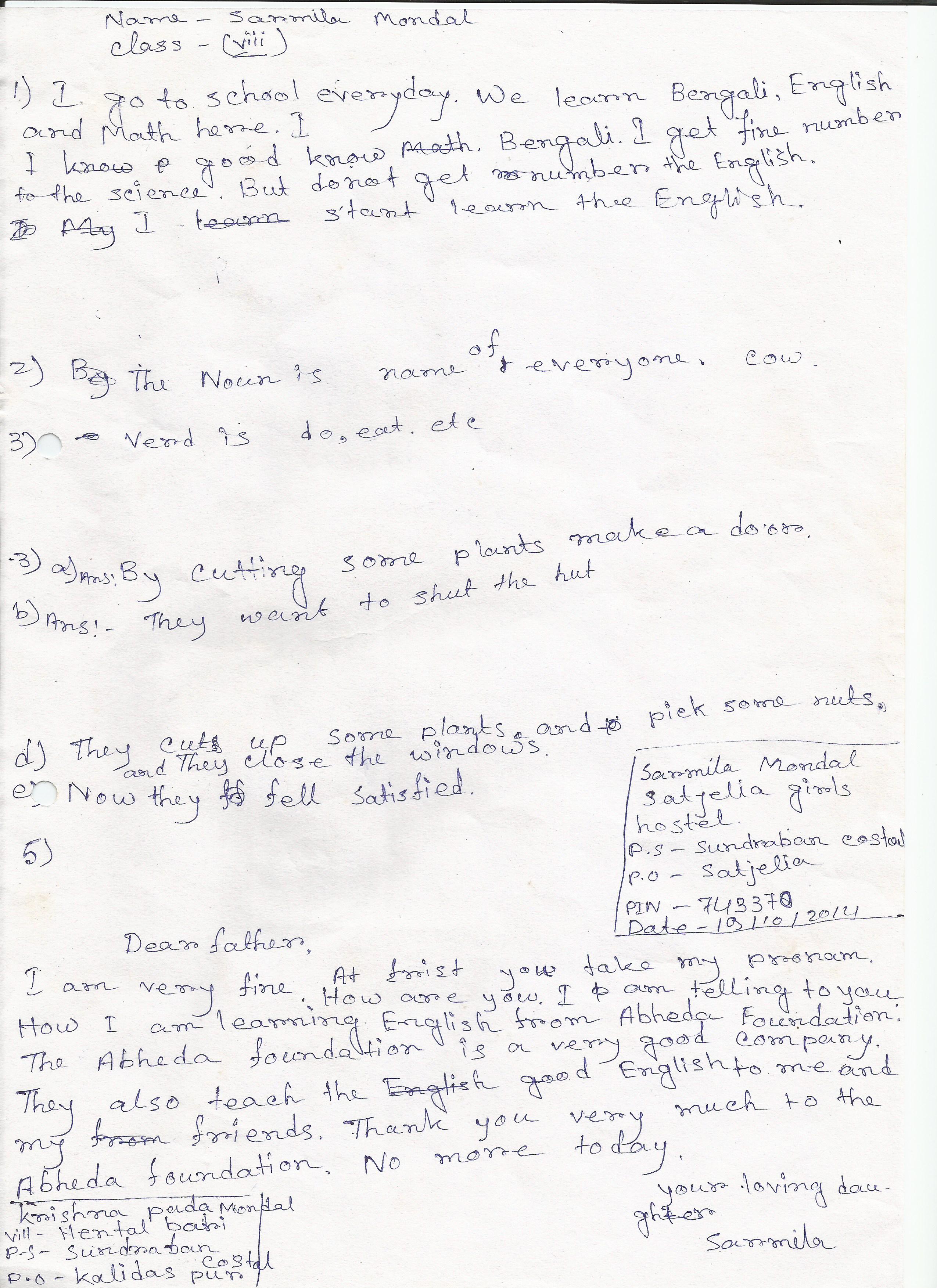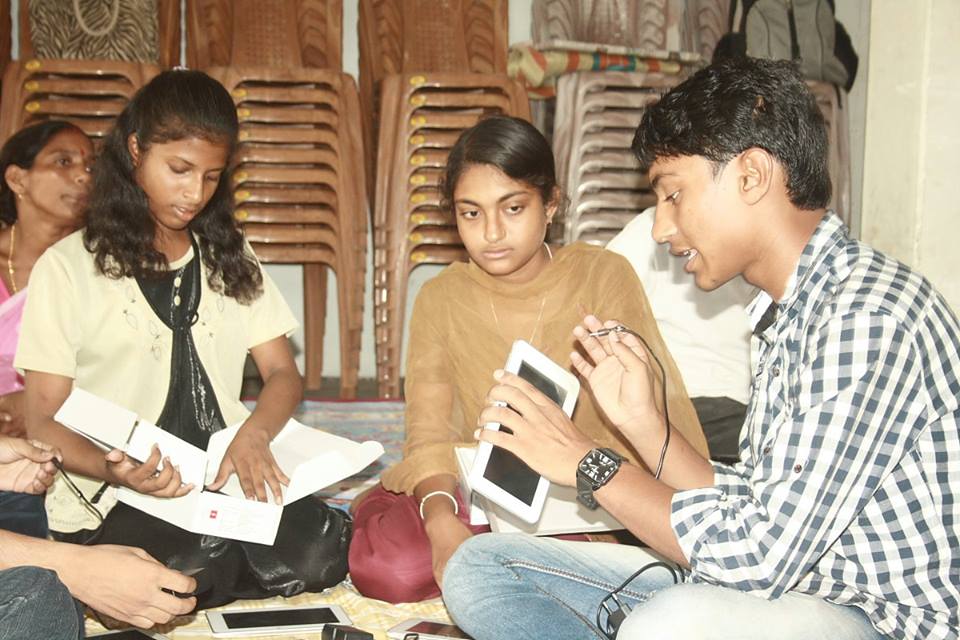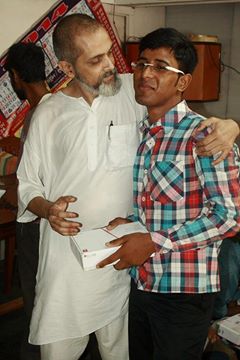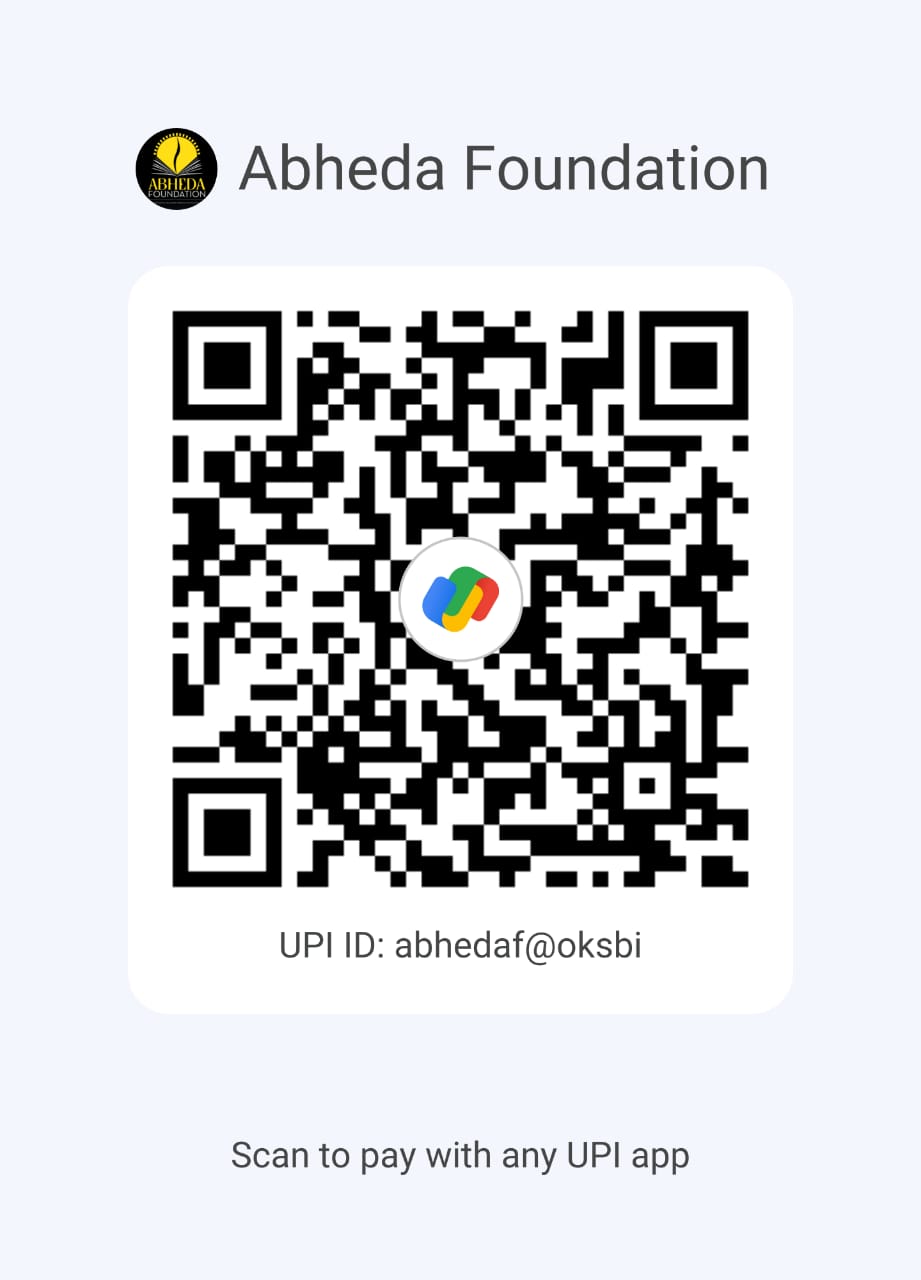TABLET BASED SELF LEARNING PROJECT FOR ABHEDA’S STUDENTS AT CANNING AND JALANGI, WEST BENGAL
Abstract: Abheda embarked upon a supplementary education program for its own scholarship holders addressing their perennial weakness in English. Uploading Abheda English on low-cost tablets for teaching English in a simple way, tablets were handed over to the scholars so that the scholars located dispersedly can self-learn English through vernacular language. One purpose of this project was to uplift English skill of these underprivileged students by making them express freely and write correct English sentences on their own. Another purpose was to take feedback from the scholars and incorporate them into Abheda English to make it a better product. The ultimate purpose is to replicate this model of semi-supervised English teaching to rural India as English is inarguably the best enabler in livelihood making. We have been able to make this project a successful one so far.
Location : Canning Sub division, 24 Pgs.(South), West Bengal
Start Date: January, 2014
End date: October, 2016 (First Phase)
Details: On 12th January 2014 we initiated the tablet project for our scholarship holders aka family members. With 6 members receiving individual tablets loaded with experimental contents on English grammar, our journey began. By 2014 December, some 42 members got tablets with enhanced contents. The scholars were taught basic tablet operations in a 1-day training session followed by methodical teaching on how to use Abheda English. A curriculum designed as a step by step guide to learning the contents helped the students. They are monitored weekly over phone with physical supervision happening once in a month or two. Periodic assessments in the form of examination – built into Abheda English - were made. 2015 saw ups and downs in learning curves, while 2016 marked the birth of official version of Abheda English along with stability and confidence in English knowledge of our members.
Many success stories followed, and we concluded the first phase of the project on 2nd October, 2016 upon completion of the syllabus of Abheda English. It is a phenomenal success ! The success is so much that we decided to exercise a scale-up involving this self-learning model. On 16th April 2017 and 23th April 2017, we could muster strong by 39 more scholarship holders from Jalangi, Murshidabad and Canning, South 24 Parganas. And it began the second phase of the project. This is an ongoing one with students doing fairly well till now,
The details of this initiative can be viewed in the documentary at English Self-learning Project for Abheda Scholarship Holders.
Please view the project snippets and regular updates at Facebook page at Extend Your Family
Beneficiaries: 80 Abheda students
Critical Success Factors (CSF): Improvement in scores English of the scholars is the only CSF. Here is the scoring chart in the last assessment.
The most inspiring and satisfying feedback received had however been subjective. Almost all participants unequivocally expressed that their confidence and ability to write unseen passages – essay, letter, report etc. – has grown immensely. This is amply evident in the success story section of Abheda English.
Key Findings: It is now visible that this (semi-supervised) self-learning model of teaching works well for students of class VI and above. The biggest advantage of this semi-supervised model is that a student can learn at one’s own pace in one’s own environment – compared to more imposing supervised (classroom) mode – thus exhibiting more flexibility in learning.
The key enabling factors which have been effective and also appreciated by the scholars are the following :
- Detailed explanation of the subject through their mother tongue
- Elucidation of the contents by interesting pictures
- Supplementation of lessons with appropriate quizzes
- Introduction of 500 basic sentences with constructs like am-is-are, has-have, simple verb forms etc. to weed out common mistakes
The key challenge is the following School curriculum and pressure therein to obtain good scores in school examination still acts as primary motivating factor for the students to learn. And unfortunately marks obtained in school exams under West Bengal board do not truly reflect the knowledge level of students. So students have a false sense of English knowledge instilled in them. So numerous inspirational pep-talks to project joy of learning through Abheda English were delivered to place it as an equally primary source of knowledge.
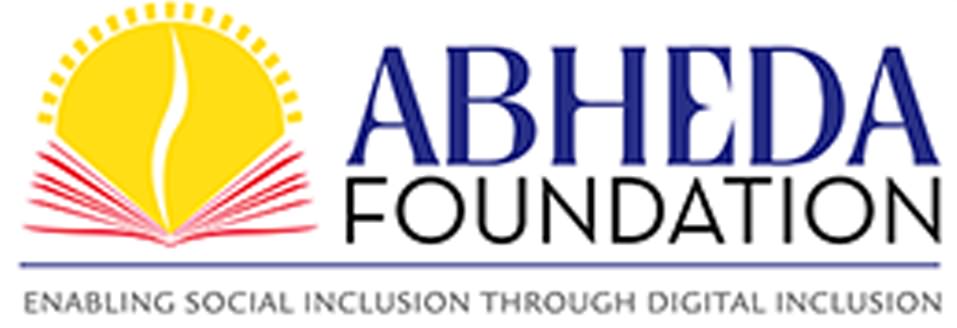




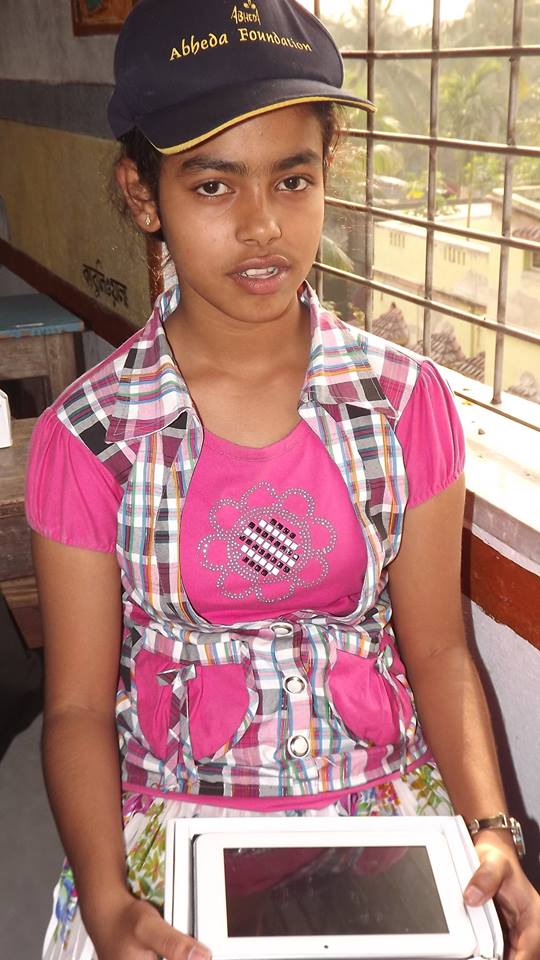
.jpg)
